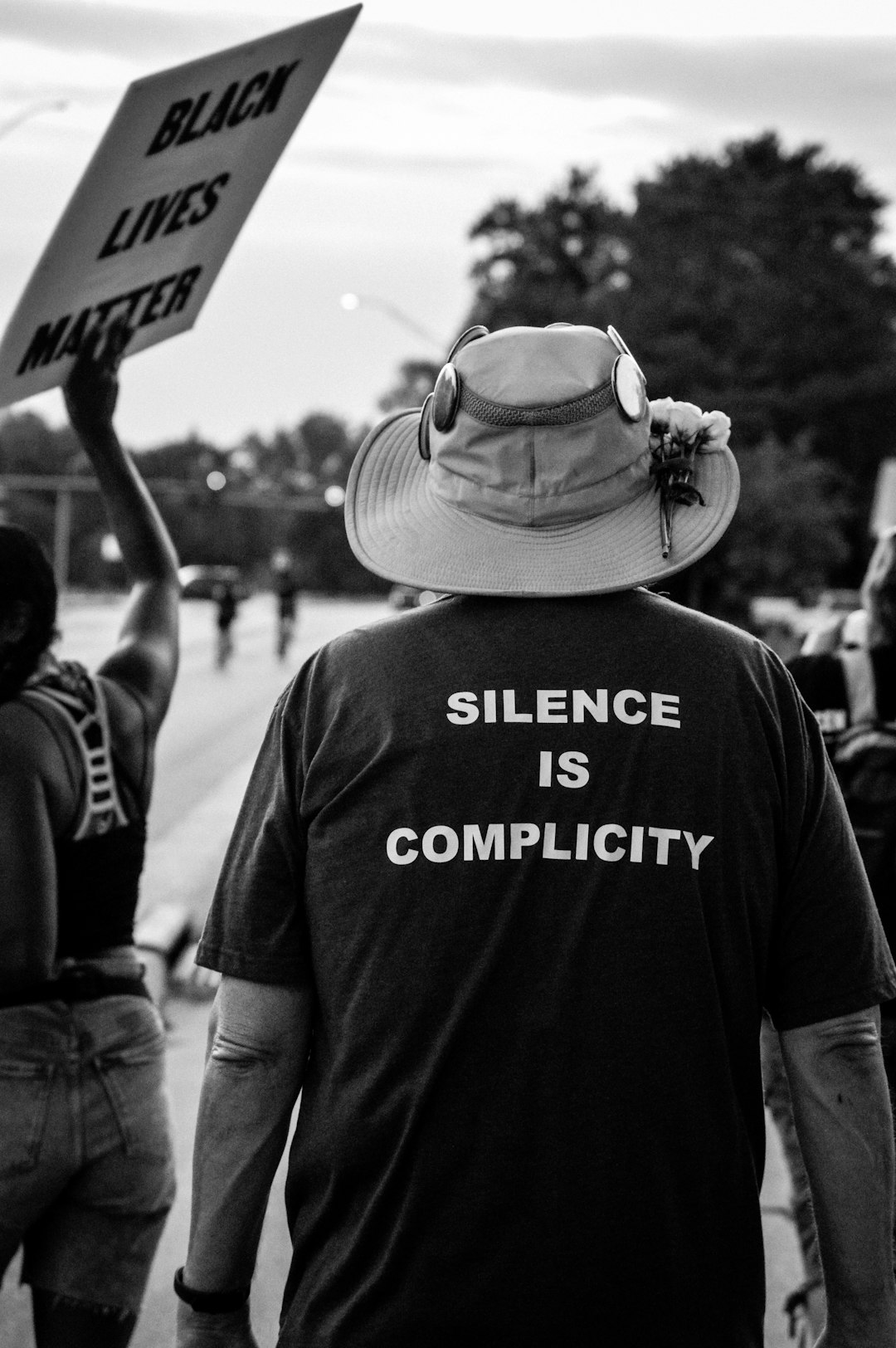Spam calls from scammers targeting Nebraskans are a growing issue. The Telephone Consumer Protection Act (TCPA) offers strong protections and guidelines for dealing with these unwanted calls. To stop spam calls, recognize suspicious patterns, understand your legal rights, and consult a specialized spam call law firm or lawyer in Nebraska. Proactive measures include registering on Do Not Call lists, using blocking apps, and verifying personal data requests to minimize targeting.
In the digital age, spam calls have become a pervasive and annoying menace. Understanding how to identify and stop these unwanted intrusions is crucial for Nebraskans looking to protect their privacy and peace of mind. This guide delves into the intricacies of spam calls and the Telemarketing and Consumer Protection Act (TCPA) in Nebraska, offering practical strategies to recognize red flags and take legal action against persistent offenders through top-rated spam call law firms and lawyers specializing in TCPA cases in Nebraska.
Understanding Spam Calls and the TCPA in Nebraska

Spam calls are an increasingly common nuisance, with scammers using automated systems to make countless unwanted phone calls across Nebraska and beyond. These calls often aim to sell products or services, solicit donations, or even extort money through fraudulent schemes. In Nebraska, the Telephone Consumer Protection Act (TCPA) provides consumers with significant protections against these practices. The TCPA restricts the use of automated dialing systems and prerecorded messages for telemarketing purposes without prior express consent from the recipient.
Understanding your rights under the TCPA is essential in navigating how to stop spam calls in Nebraska. If you’ve been targeted by spam calls, consider contacting a reputable spam call law firm or lawyer specializing in TCPA cases. These legal professionals can guide you on taking action against the callers, including filing complaints with relevant authorities and seeking potential monetary damages for violations of your privacy rights.
Identifying Red Flags: Spotting Spam Calls Effectively

Recognizing spam calls is the first step in protecting yourself from unwanted and potentially harmful communications. While some calls may seem genuine, there are several red flags to look out for. Pay attention to unknown numbers with long area codes or those that display a “Private Number” or “Restricted” label. Spam callers often use automated systems to make mass calls, so be wary of instant messages or pre-recorded voice messages with generic greetings like “Hello, this is your bank calling.” These calls may attempt to trick you into revealing personal information or installing malicious software.
Additionally, watch out for pressure tactics, such as demanding immediate action or threatening consequences. Legitimate businesses usually provide clear information and allow you to opt-out of future communications. If a call makes you feel uncomfortable or requests sensitive data, it’s best to hang up immediately. Remember, staying informed about current spam call trends in Nebraska and consulting with a lawyer specializing in TCPA (Telecommunications Consumer Protection Act) cases can empower you to take proactive measures against these nuisances and ensure your rights are protected under the law.
Protecting Yourself: Legal Actions and Prevention Strategies

In Nebraska, dealing with spam calls is not just an inconvenience; it’s a violation that can be addressed legally. If you’ve been subjected to relentless or misleading telemarketing calls, you have rights under state and federal law, including the Telephone Consumer Protection Act (TCPA). A spam call law firm or lawyers specializing in spam calls Nebraska can guide you through the legal process of filing a complaint against the culprits. These experts understand the nuances of TCPA regulations and can help recover damages if applicable.
To proactively protect yourself, consider implementing several prevention strategies. Registering your number on Do Not Call lists is a good start, but it’s not foolproof. Using apps designed to block spam calls can offer additional security. Additionally, be cautious about sharing your contact information, especially online. Verifying the source and legitimacy of requests for personal details can significantly reduce the risk of becoming a target for spam calls in Nebraska.






